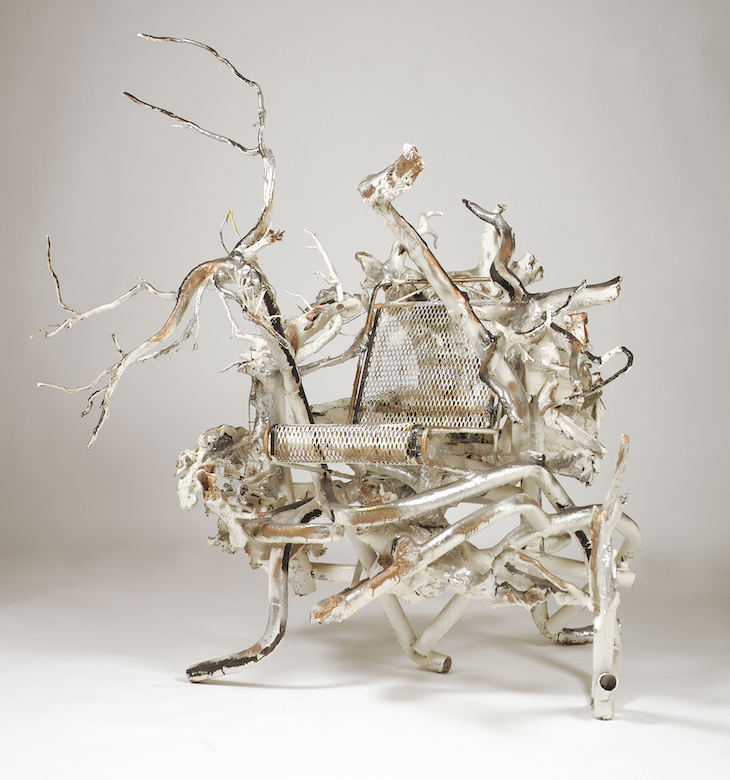A round-up of the best works of art to enter public collections recently
Chateau de Versailles
Bust of Georges Mareschal (c. 1700–10), François Girardon
The pre-eminent French sculptor under Louis XIV, François Girardon completed a number of major commissions for the palace and gardens of Versailles. The sober, classicising restraint of his sculptures – contrasting with the exuberant baroque style of his rival Bernini – soon came to be seen as typically French, and is amply evinced in the features of this marble portrait bust of Georges Mareschal, surgeon to the king. One of very few surviving portrait busts by Girardon, it was acquired from Stuart Lochhead at TEFAF Maastricht.
Bust of Georges Mareschal (c. 1700–10), François Girardon. Photo: © Christophe Fouin/Château de Versailles, Dist. RMN
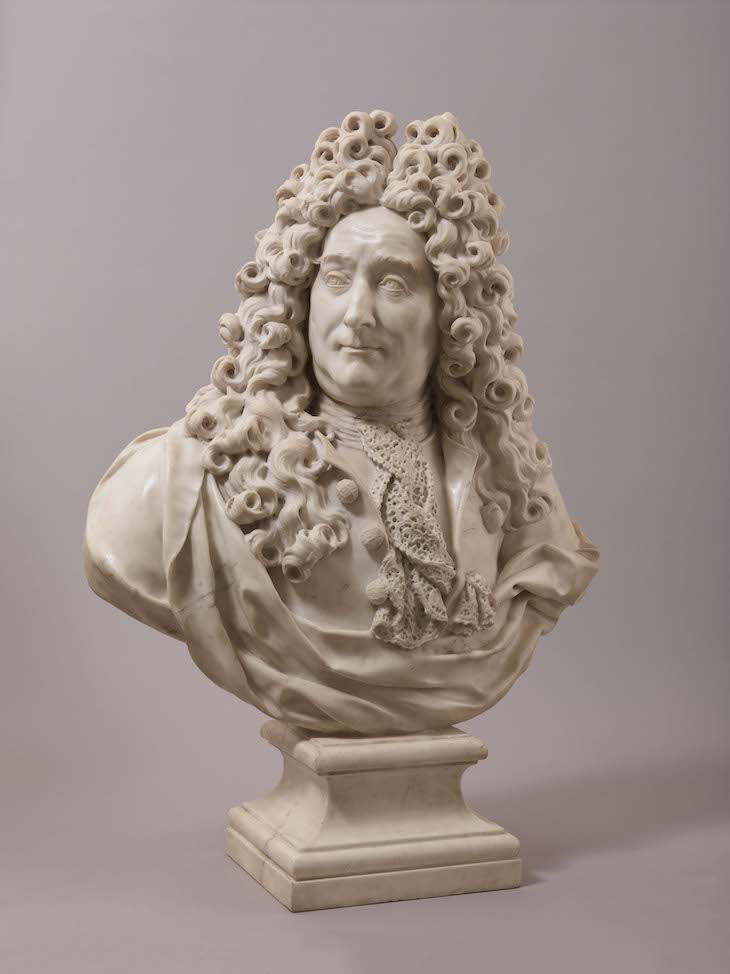
Cleveland Museum of Art
Muse with Violin Screen (1930), designed by Paul Fehér and manufactured by Rose Iron Works
A monumental screen of wrought iron and brass, depicting a violinist modelled after Josephine Baker, this work was designed by Paul Fehér for the Rose Iron Works in Cleveland – one of the most significant foundries in the US. Considered a masterpiece of the art deco style in Cleveland, the work was previously on long-term loan at the museum and has now been acquired directly from the foundry, along with two other works designed by Fehér and one by its founder, Martin Rose.
Muse with Violin Screen (1930), designed by Paul Féher and manufactured by Rose Iron Works. Cleveland Museum of Art; © Rose Iron Works, LLC
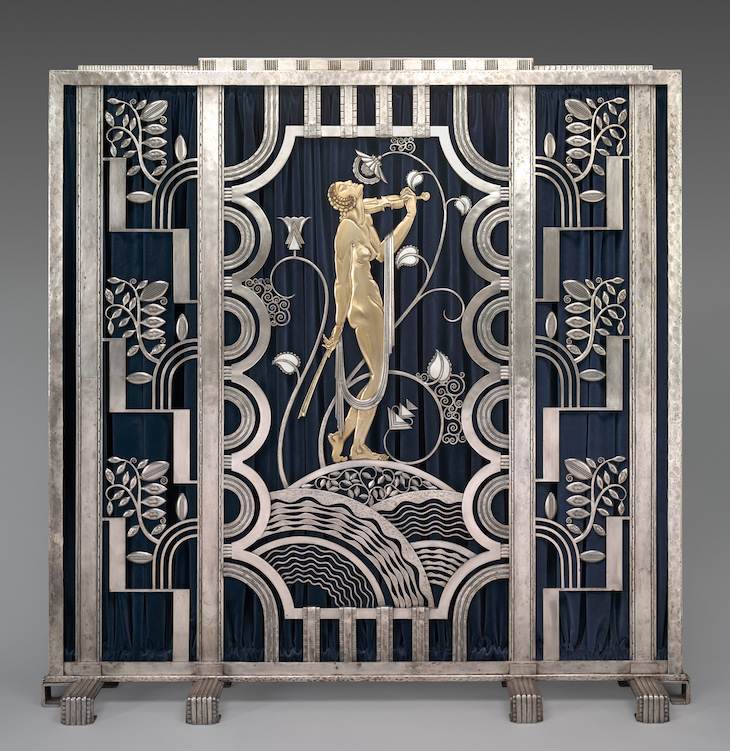
Galleria Borghese, Rome
Country Dance (c. 1601–02), Guido Reni
This newly reattributed landscape scene with festive revellers is virtually without compare in the known oeuvre of Guido Reni. An early work, it shows Reni experimenting with the Bolognese style of the Carracci brothers, which he would soon abandon in favour of the graceful religious and mythological works on which his reputation rests. Acquired from the young artist by Scipione Borghese – an important patron – it was mentioned on the inventory of the Palazzo Borghese collections in 1693, but has been lost until now; with the new identification, and purchase at TEFAF last March, the painting returns to the Galleria Borghese for the first time in centuries.
Country Dance (c. 1601–02), Guido Reni. Galleria Borghese, Rome. Photo: C. Giusti
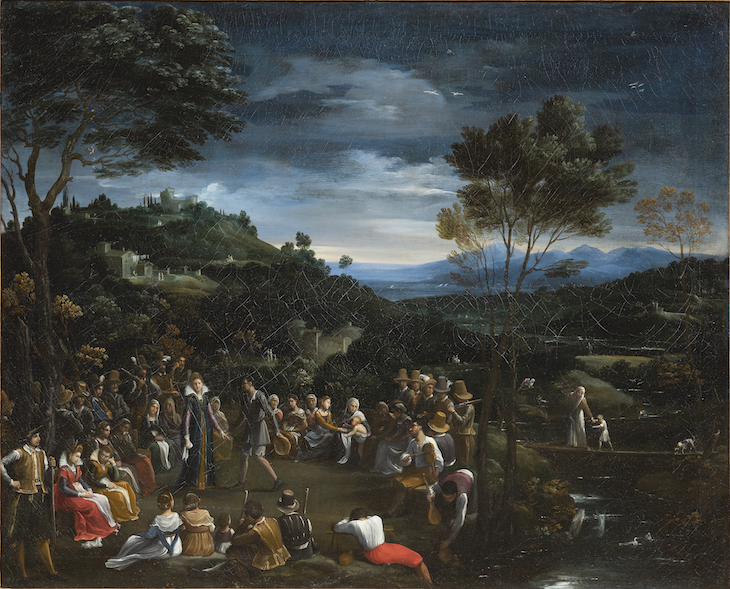
Metropolitan Museum of Art, New York
91 pieces of arms and armour from the Ronald S. Lauder collection
Over the last four decades, the American business and philanthropist Ronald Lauder has amassed one of the most significant collections of arms and armour in the world. His relationship with the Met dates back to his early twenties, when he began collecting with the help of the museum’s then curator of arms and armour, Stephen Grancsay, and he has since loaned numerous objects to exhibitions and long-term displays. Among the works included in this landmark gift are a piece of 17th-century Tuscan field armour made in a Medici workshop – one of only two known examples of its kind. Lauder has also promised financial support to the institution, in recognition of which its 11 galleries of arms and armour will be renamed after him.
Field armour (c. 1600–10), Florence. Metropolitan Museum of Art, New York (promised gift of Ronald S. Lauder). Photo: Hulya Kolabas, New York
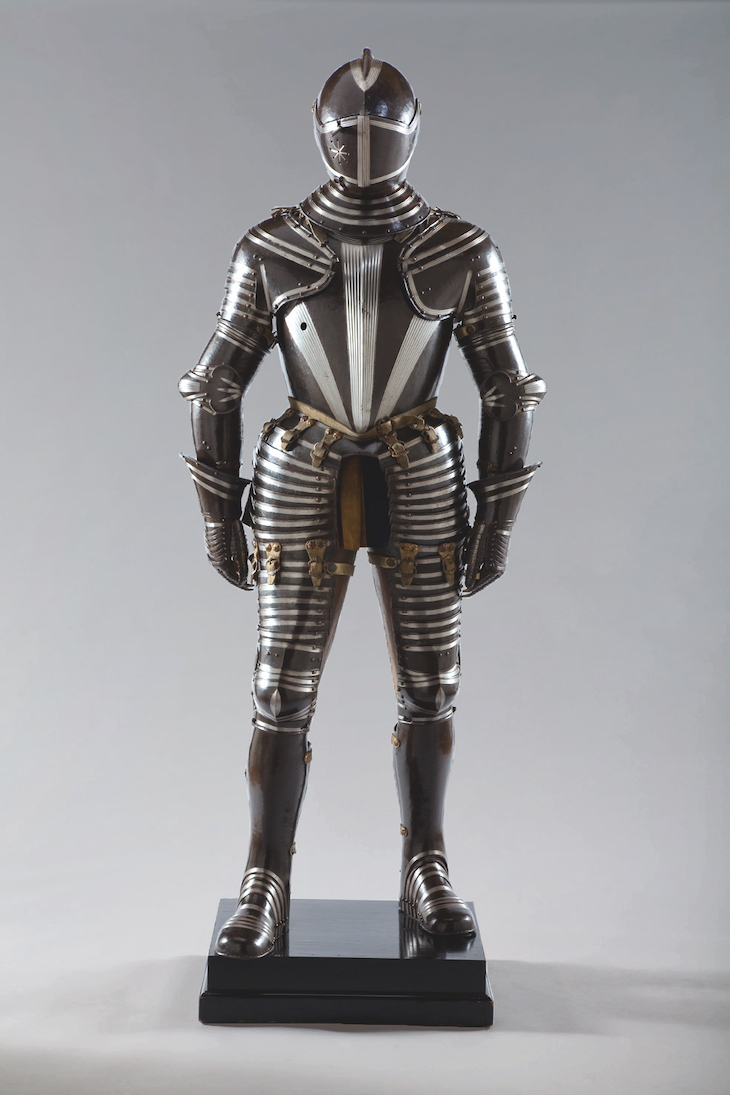
Musée d’art et d’histoire du Judaïsme, Paris
57 sketches by Maurice Feuillet
These 57 courtroom sketches by the illustrator, journalist and art critic Maurice Feuillet depict the trials of Alfred Dreyfus and of Émile Zola during the Dreyfus affair that rocked French society during the 1890s. The press played a key role in shaping public opinion during the scandal – most famously through Zola’s open letter, ‘J’Accuse’, which laid the charge of scapegoating Dreyfus, a Jewish army officer falsely convicted of treason, directly at the door of the French president. Feuillet’s vivid sketches from life, completed while he was still in his twenties, are marked by their neutral treatment of protagonists from both sides, distinguishing them from the many satirical cartoons published at the time. Consigned to auction by Feuillet’s descendants, they now join the mahJ’s extensive holdings of materials relating to the affair.
Zola on trial (1898), Maurice Feuillet. Musée d’art et d’histoire du Judaïsme, Paris

National Gallery of Art, Washington, D.C.
40 works from the Souls Grown Deep Foundation
Among these 40 works by 21 Black artists from the American South are nine quilts by the artists of Gee’s Bend, seven works by Thornton Dial, and four sculpted heads by James ‘Son Ford’ Thomas. Acquired directly from the Souls Grown Deep Foundation, the pieces represent a significant expansion of the NGA’s holdings of modern and contemporary African American art.
Testing Chair (Remembering Bessie Harvey) (1995), Thornton Dial. Photo: Stephen Pitkin/Pitkin Studio; © Estate of Thornton Dial/Artists Rights Society (ARS), New York
